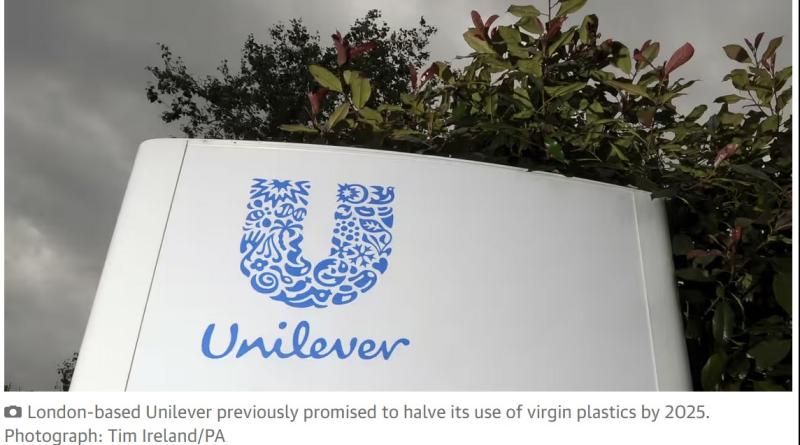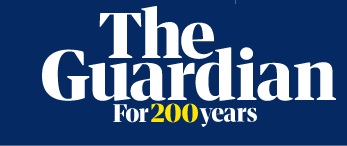Unilever to scale back environmental and social pledges

Unilever is to scale back its environmental and social aims, provoking critics to say its board should “hang their heads in shame”.
The consumer goods company behind brands ranging from Dove beauty products to Ben & Jerry’s ice-cream was seen as perhaps the foremost proponent of corporate ethics – particularly under the tenure of its Dutch former boss Paul Polman.
On Friday, the London-based firm’s current chief executive appeared to signal a strategic U-turn for the company, which is valued at £94bn on the London Stock Exchange. In an interview with Bloomberg, Hein Schumacher confirmed plans to water down the company’s ethical pledges on a range of issues including plastic usage and pay.
The shift comes amid a wider trend of pressure from shareholders in corporations ranging from banks to oil companies to cut costs and focus more on stock market performance than green projects.
Unilever, one of the largest users of plastic packaging in the world, had previously promised to halve its use of virgin plastics by 2025. Instead, it will now aim for a reduction of a third by 2026, Bloomberg reported. The less ambitious target equates to about 100,000 tonnes more fresh plastic every year.
The company is also abandoning a pledge to pay direct suppliers a living wage by 2030, instead proposing fair pay for suppliers accounting for half its annual spend on goods and services by 2026. It is also dropping a promise to spend €2bn (£1.7bn) a year with diverse businesses by 2025 and a commitment that 5% of its workforce will be made up of people with disabilities by the same year.
Schumacher said people’s focus on environmental and social issues was “cyclical”.
“When you have a huge drought for a number of months but everything else is going fine, the attention is on climate. These days it’s about wars and rightly so, that’s at the forefront.
“I’m not going to shout that we’re saving the world, but I want to make sure that in everything that we do, that it is indeed better,” he added.
He insisted that the company could still “make a difference” in the four key areas of climate, plastics, nature and people’s livelihoods.
Nina Schrank, the head of plastics at Greenpeace UK, said Unilever bosses “should hang their heads in shame”
“Hein Schumacher and his board are well aware of the ruinous impact of their plastic pollution,” she said. “The tsunami of plastic they produce each year meant their existing targets were already not fit for purpose. We needed much more. And so rather than doubling down, they’re quietly dressing up their backpedalling and low ambition as worthy pragmatism.”
Unilever’s dilution of its ethical stance follows a period of worsening performance in which the company’s shares have fallen by 8% since Schumacher took over in July 2023.
Under Polman – and his successor Alan Jope – Unilever became increasingly involved in ethical initiatives. It promised to invest €1bn over 10 years in green projects and provided funding from its cleaning brand Domestos for a Unicef project to improve access to toilets in India.
The firm last month released plans to cut 7,500 jobs globally and spin off its ice-cream division as part of an overhaul aimed at saving about €800m over the next three years.


